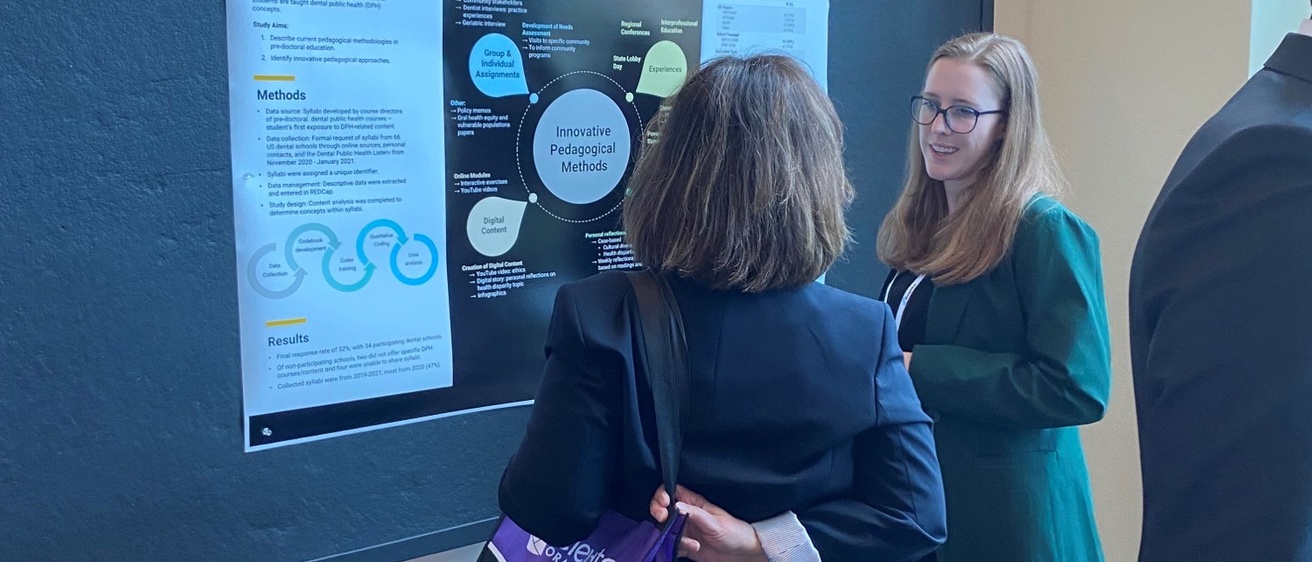The University of Iowa College of Dentistry's oral health research training program has been continuously funded by the National Institute of Dental, Oral, and Craniofacial Research/National Institutes of Health for over 35 years, preparing the next generation of researchers in oral, dental, and craniofacial science.
The National Institute of Dental, Oral, and Craniofacial Research-supported (National Institute of Dental and Craniofacial Research/National Institutes of Health-NIDCR/NIH) “University of Iowa Institutional Training Program in Oral Health Research” (a Ruth L. Kirschstein Interdisciplinary Research Training Award (T90) and combined Research Education Grant (R90)) was renewed recently for another five years for July 1, 2023 to June 30, 2028.
The T90/R90 is one of the chief training and funding mechanisms for supporting Iowa Dentistry PhD candidates and postdoctoral researchers. These researchers are PhD candidates in Oral Science, postdoctoral researchers working with Iowa Dentistry's research faculty, or PhD candidates or postdoctoral researchers in other University of Iowa programs conducting oral health-related research. The T90/R90 program builds upon the successes of the previous NIDCR training program (T32) and the one before that (Dentist-Scientist program).
The training program is led by director Steven Levy, Wright-Bush-Shreves Endowed Professor of Research and professor in the Department of Preventive and Community Dentistry, with a secondary appointment in the Department of Epidemiology in the College of Public Health, and associate director Jeffrey A. Banas, director of the Iowa Institute of Oral Health Research and professor in the Department of Pediatric Dentistry. Other members of the leadership team are Azeez Butali, professor in the Department of Oral Pathology, Radiology, and Medicine; David Drake, professor in the Department of Endodontics; Hongli Sun, associate professor in the Department of Oral and Maxillofacial Surgery; Karin Weber-Gasparoni, professor and chair of the Department of Pediatric Dentistry; and Xian Jin Xie, associate dean for research and director of the Division of Biostatistics and Computational Biology.
The interdisciplinary nature of the training program and faculty mentors is one of the distinguishing characteristics of the program. Listed potential mentors come from 6 UI colleges (Dentistry, Medicine, Public Health, Pharmacy, Engineering, and Liberal Arts and Science) and current/recent trainees are from 5 colleges (Dentistry, Medicine, Public Health, Pharmacy, and Engineering). Trainees’ research spans the spectrum of translational levels from T0 (basic biomedical research) to T4 (translation to communities).
The main training grant components are financial support of trainees’ stipends, health insurance, and tuition, if applicable; limited research supply and travel costs; and trainees’ participation in several structured learning components. Ongoing components are the 1) monthly Grant-Writing Workshop series, 2) bi-weekly Colloquium series, and 3) collegiate research seminar series. New components being initiated in 2023 are the 1) Program on Research Rigor, 2) Interdisciplinary Research Mentor Training Program, and 3) Research Leadership Development Program.
All applicants must work toward and submit an individual training grant application (F- or K-award or similar) by the end of the second year of training.
Successful grant applications from trainees is a key metric that the NIDCR uses to assess the success of training programs. Since 2018, the training program has supported 6 trainees who went on the receive external grant funding from the NIH: Aline Petrin (K01), Jennifer Sukalski (F31), Matthew Remy (F31), Jason Semprini (F31), Tim Nguyen (F31), and Mason Sweat (F32).
T90/R90 Successes

NIH Awards Fitzjerrells Training Grant to Investigate Relationship Between Oral Microbiome and Multiple Sclerosis
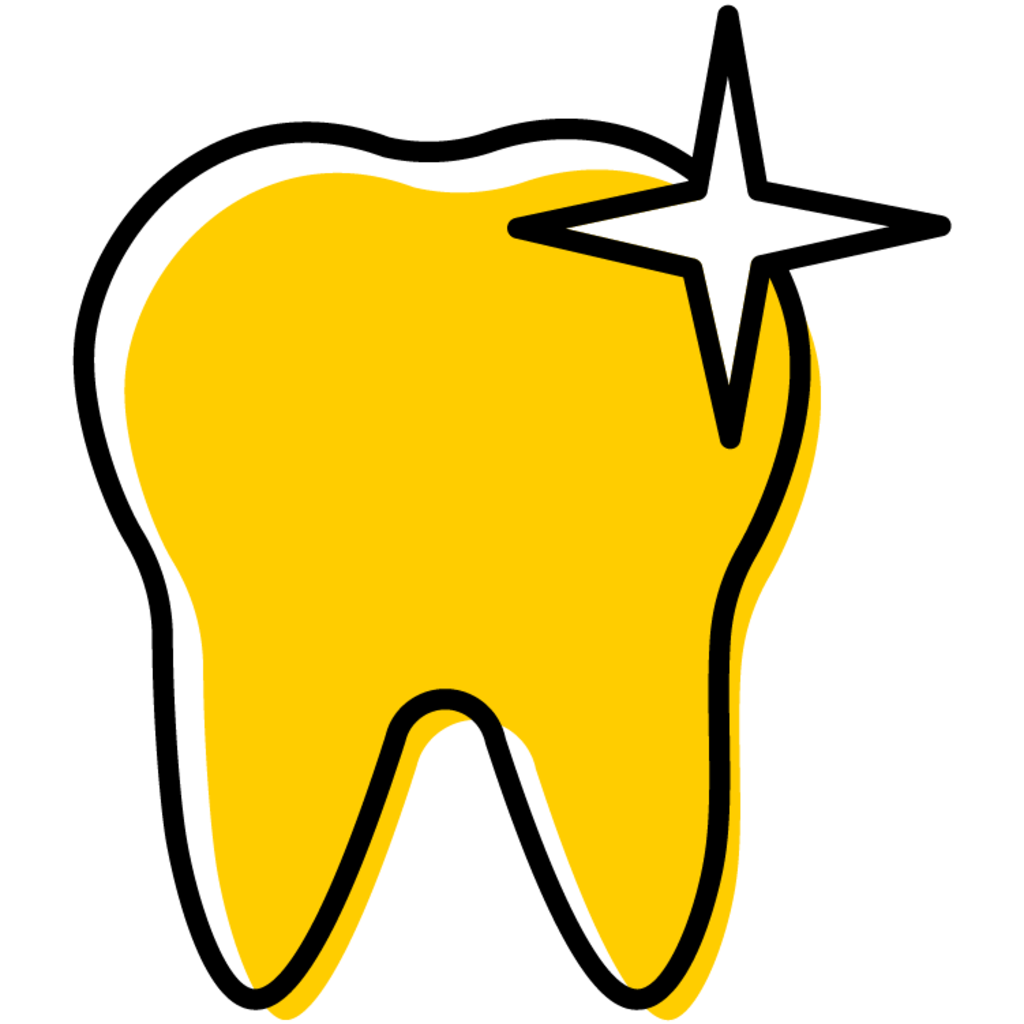
T90/R90 Oral Health Research Training Grant renewed
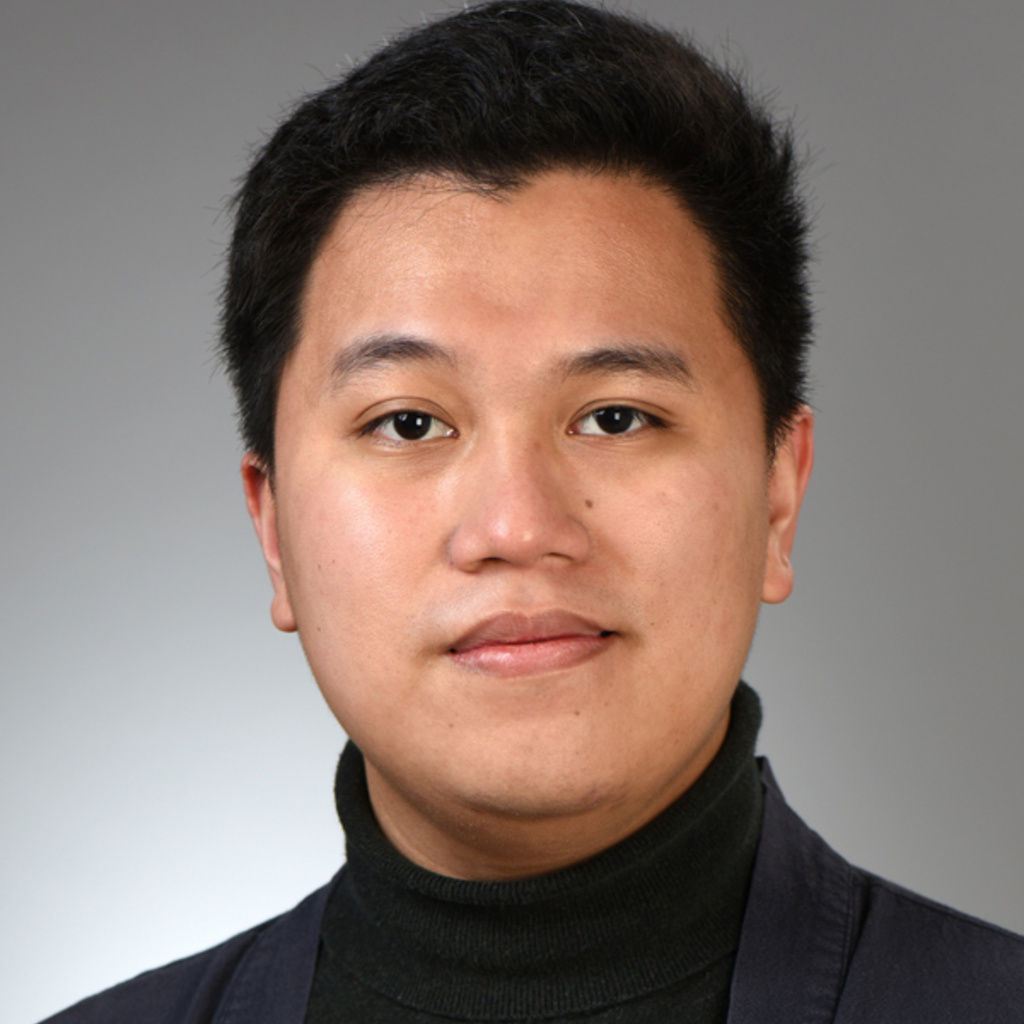
NIH Awards Nguyen Training Grant to Investigate Midface Development

Research Faculty
Faculty who are affiliated with the Iowa Institute for Oral Health Research make a difference in basic science, translational, and clinical research.

Graduate Studies
Programs in eleven dental specialties and in oral science.
For the next five years, the grant will support 9 trainees per year:
-
4 U.S. non-dentist predoctoral trainees
To support their PhD education and research.
-
3 U.S. postdoctoral trainees
These trainees may be dentists or non-dentists.
-
2 international dentists
These trainees may pursue a PhD at Iowa or be postdoctoral research fellows.
Predoctoral trainees will be supported for up to 3 years and postdoctoral trainees are usually supported for 2 years. Stipend levels follow the National Research Service Award (NRSA) levels and usually they go up slightly each year. Current levels are $27,144 for predoctoral trainees and they range from $56,880 to $68,604 for dentists and postdoctoral trainees.
Applications for the T90/R90 are normally accepted in late October and early November for selection in January to start the following July 1. Please contact Steven Levy if interested in applying. (Note that, in addition, positions occasionally become open off-cycle, usually when someone receives their own F- or K-award funding.)
Please contact Steven Levy or Jeffrey A. Banas for additional information.
Additional Information about Research at the University of Iowa College of Dentistry
The University of Iowa College of Dentistry has an excellent reputation across Iowa's campus and throughout the world for collaborative and productive dental, oral, and craniofacial research.
Over the past five years, external research support for Iowa Dentistry faculty has doubled, including a 43% increase since 2020, with effective programs in place to ensure the translational impact of its research and discovery. With one of the best student research programs in the United States and a supportive and collaborative environment, The College of Dentistry is working to foster and strengthen its pipeline for a diverse research workforce.
Iowa Dentistry's program provides a continuum of training opportunities at the PhD and post-doctoral levels, including dental graduates, basic scientists specializing in oral health research, non-dentist researchers, and international dentists or postdoctoral researchers. For more information about the the PhD program in Oral Science, contact Jeffrey A. Banas.
One of the chief strengths of the program is the wide spectrum of research strengths (those 7 areas are summarized below).
Research Training Areas

Craniofacial, Oral Biology, Genetics, and Dental Development
The University of Iowa College of Dentistry is a worldwide leader in the genetics of craniofacial and dental development with the aim of identifying genetic and environmental causes of craniofacial and dental anomalies.

Bioengineering, Tissue Engineering, Stem Cells, Biomaterials and Materials Research
The University of Iowa College of Dentistry is a worldwide leader in the use of bio- and tissue-engineering of stem cells, biomaterials, and other materials to produce new and exciting therapies.

Immunology, Inflammation, Microbiology, Caries, and Microbiome Research
The University of Iowa College of Dentistry is a worldwide leader in studies of microbiology and the microbiome and their effects on caries progression, periodontal disease and on oral cancer.

Oral Cancer
With expertise in several related fields, the University of Iowa College of Dentistry is becoming a worldwide leader in oral cancer research. These research efforts can improve early detection, diagnosis, and treatment of oral cancer and significantly improve survival rates and reduce morbidity.
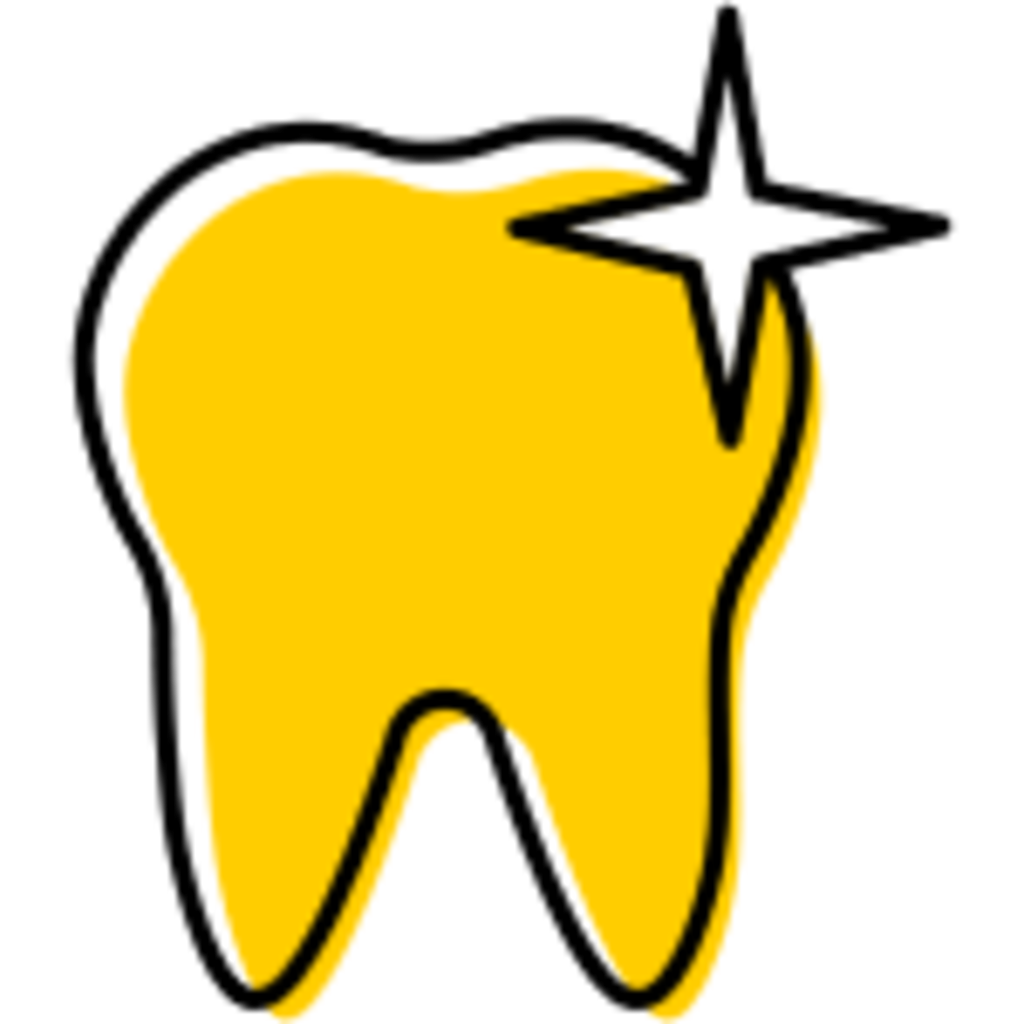
Public Health, Epidemiology, and Behavior Science
The University of Iowa College of Dentistry is a worldwide and national leader in dental public health with specific attention on support for underserved populations and environmental influences on oral health.

Oral Health Policy Research
Oral health is a vital component of our physical, social, and emotional well-being. Evidence increasingly links dental disease with poor health outcomes, including preterm birth and low birth weight, as well as heart disease. Since 1991, the Public Policy Center has investigated a broad range of dental topics in collaboration with investigators at the University of Iowa College of Dentistry and Dental Clinics focusing on conducting research that informs oral health policy at local, state, and national levels.
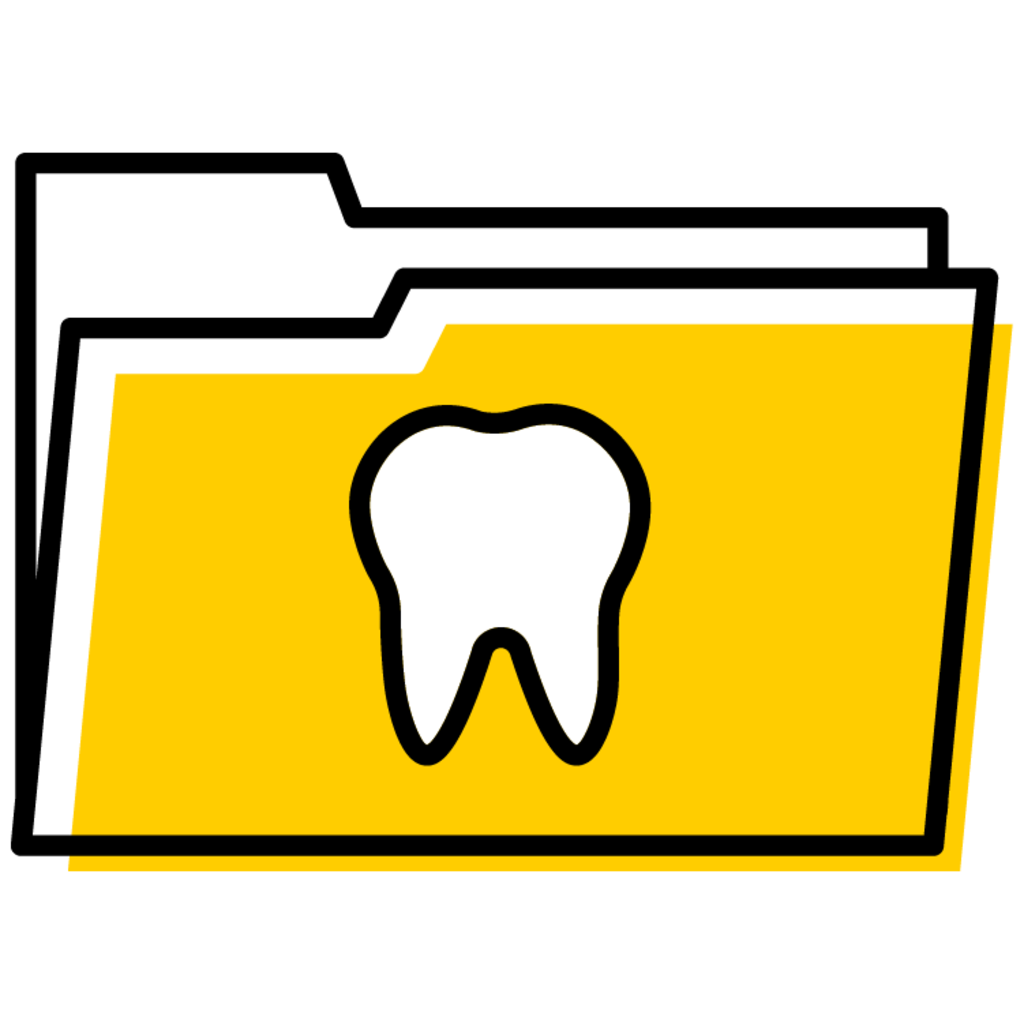
Clinical, Translational, and Big Data Research
Dental researchers at the college have a strong history of pursuing clinical and translational research in a collaborative and supportive environment with the goal of improving patient care. These efforts are now being augmented by big data resources.
